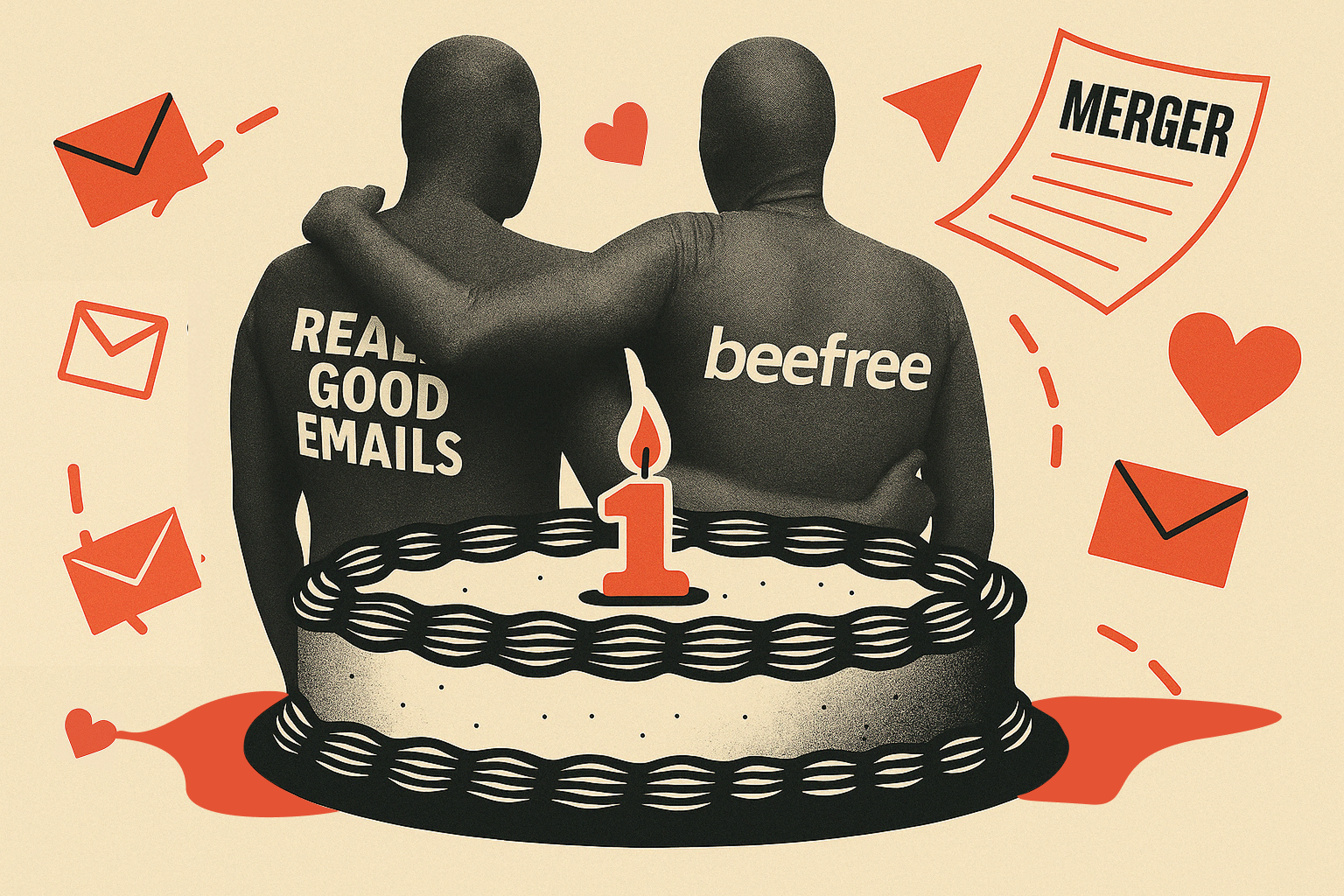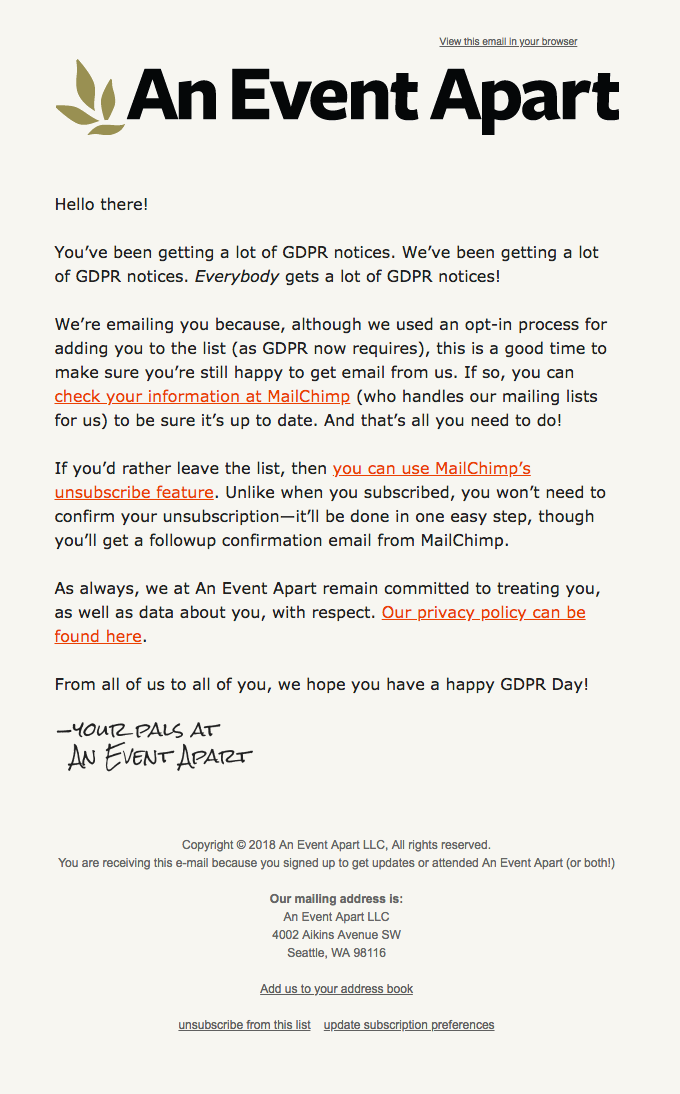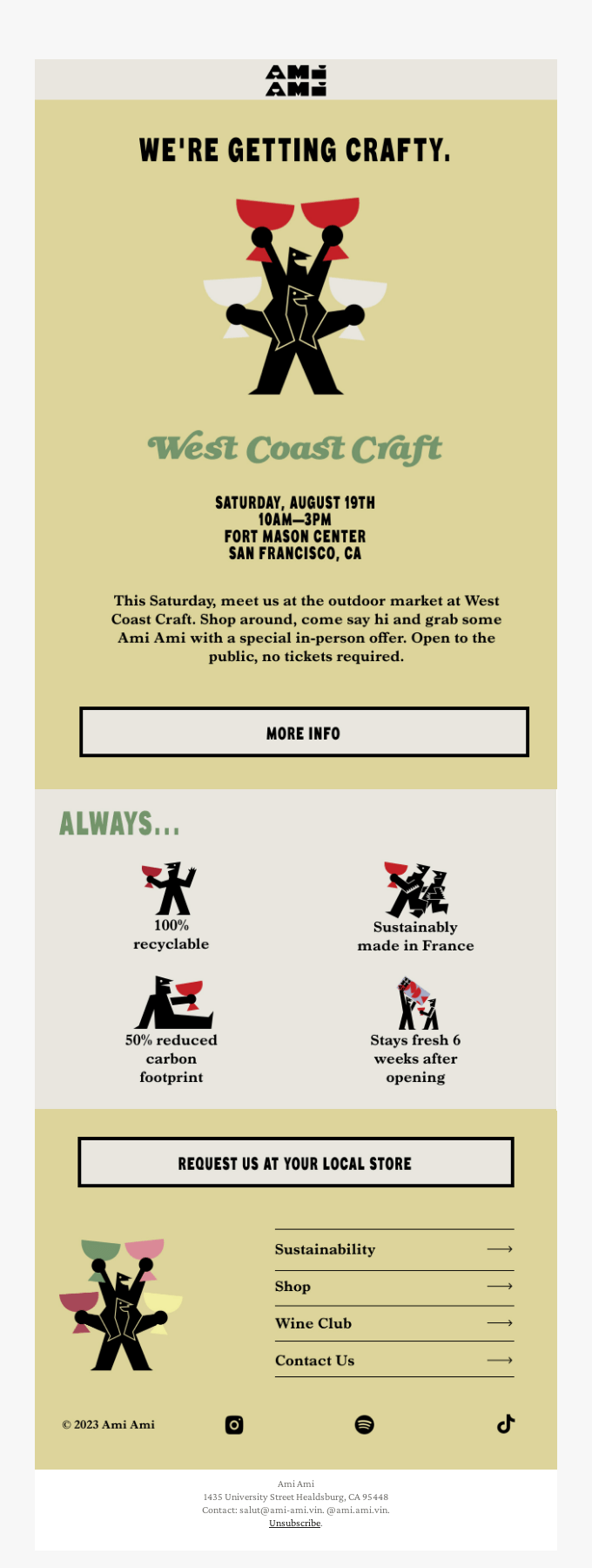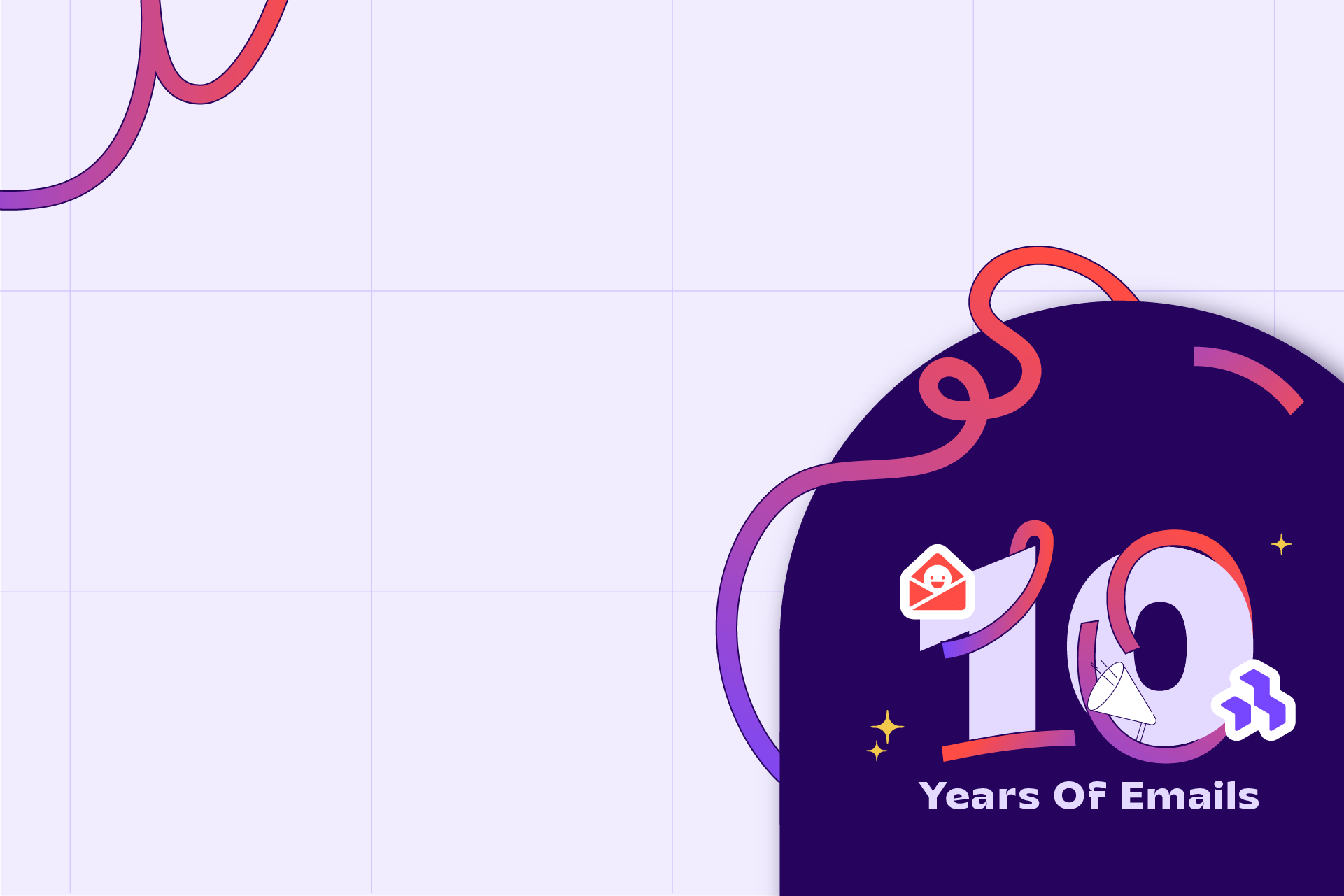When I was a kid, my mom would grab the Thanksgiving newspaper ads and scour through all the deals like she was studying the map of a buried treasure. The next morning she would wake us wildly before the crack of dawn, shove us into the car, and have us recite the plan of attack as we drove to the store. In those days, if you wanted deals, you physically had to get up. There were no Thursday openings. There were no shop in your pajamas and ship to your house options. Everything was Friday morning. And there were no better deals than Black Friday.
Fast forward to today; we can all agree that we don’t miss the annoyance and violence of that time period. It seems pretty crazy to look back and think we risked our lives over Cabbage Patch Kids or whatever was the hot product of the year. That’s originally why Black Friday was called “Black Friday” - not for the companies going from “the red to the black” but because of the traffic jams, assault, and crowdedness that came when Thanksgiving had ended and holiday shopping had started. It wasn’t until the 1980s for the term “Black Friday” to take on a positive connotation.
Despite the sales happening earlier or going on longer, Black Friday is definitely still the anchor. Over Black Friday weekend, Salesforce reported over $31 billion in online sales which was another record year for the shopping holiday (still nothing compared to the $38 billion generated in China for Singles Day). On the other hand, it is one of the hardest times to get your email opened due to the sheer volume hitting the inbox at that time.
Data from MailCharts shows that sending volume was up nearly 19% compared to last year - going from around 6 emails per week per organization at the beginning of the month all the way up to 9 emails per week during Black Friday. (If you are good at arithmetic, you probably noticed that means multiple sends per day - which doesn't look like it is going down
for those who had hoped to see brands send less.)

Surprisingly, the unique number of senders that hit RGE's inbox (we've gone and signed up to thousands of random sites to see their emails in action) decreased 13% compared to 2018, so it shows that organizations have been paying more attention to keeping their list healthy and free from non-engaged users.
But enough on the background of all this and let's get to the good stuff. We sure love seeing all the creativity when it comes to Black Friday emails; here are some things we noticed this year in particular:
Dark Mode
It is no surprise that Black Friday seems very “black.” We saw a lot of emails this year altering their typical white background for something darker to stay on theme - even more than they did last year.
Dark Mode
215 emails. Curated by @TeamRGE
Product Focused, Not Deal Focused
You would expect with all the lead up in this article about Black Friday deals that these emails would be about deals. But a lot more brands decided to go for a non-deal email this year and focus on the product instead.

Beige Mode
Okay. So “beige mode” isn’t a saying, but we saw a lot more brands going for a natural earthy look this year.. if they weren't going Dark Mode or sticking to their brand colors.
Beige
49 emails. Curated by @mike
New Product Launch
It’s Black Friday. Your audience is primed to shop. Everyone is screaming “special deal” and “save!” The game’s on the line—what do you do? Swish. Introduce a new product that your best customers are sure to want and love.
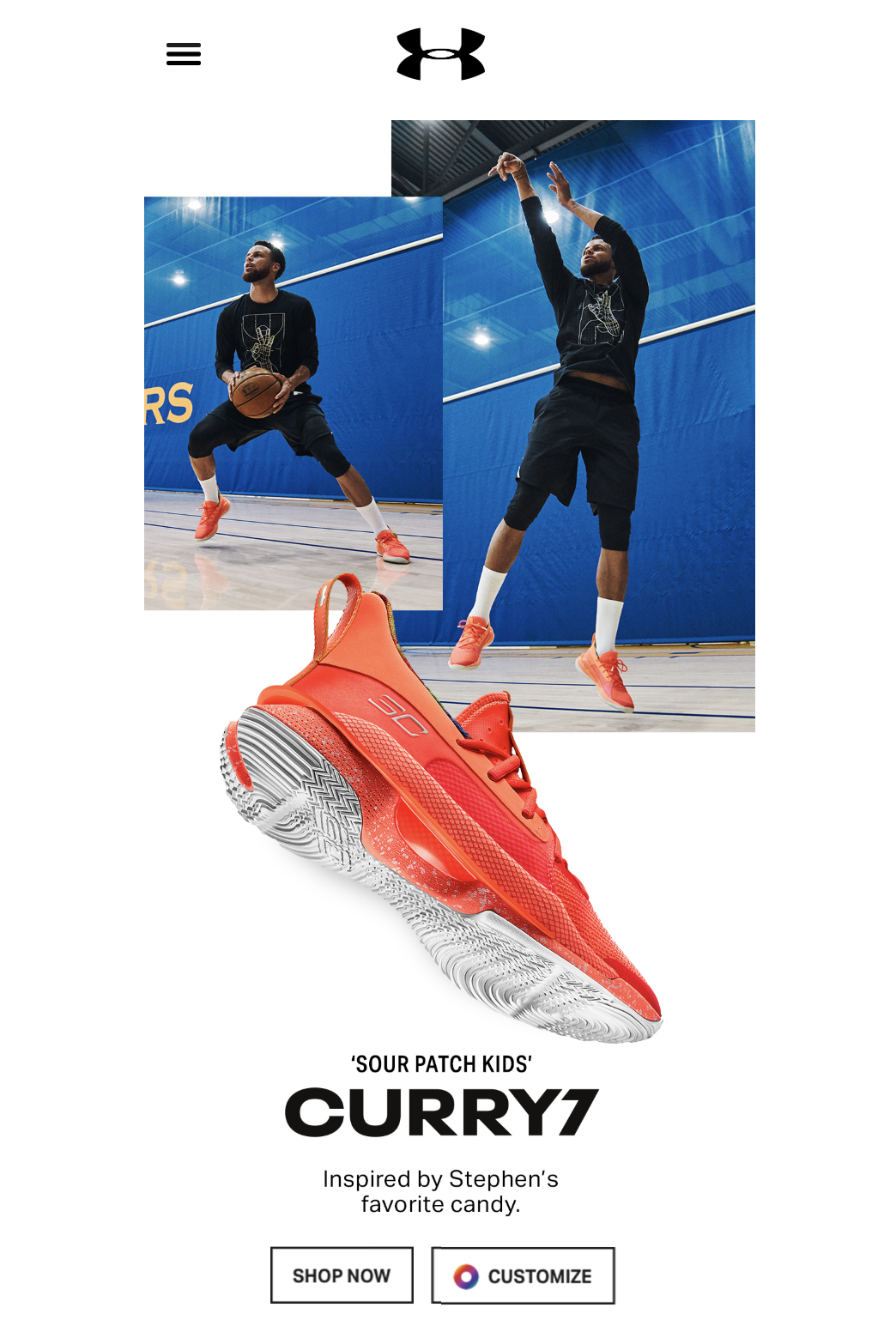
Anti-consumerist Sentiment
There’s nothing better to launch a good press moment than to brand yourself as not giving an eff about how much money you make on Black Friday.
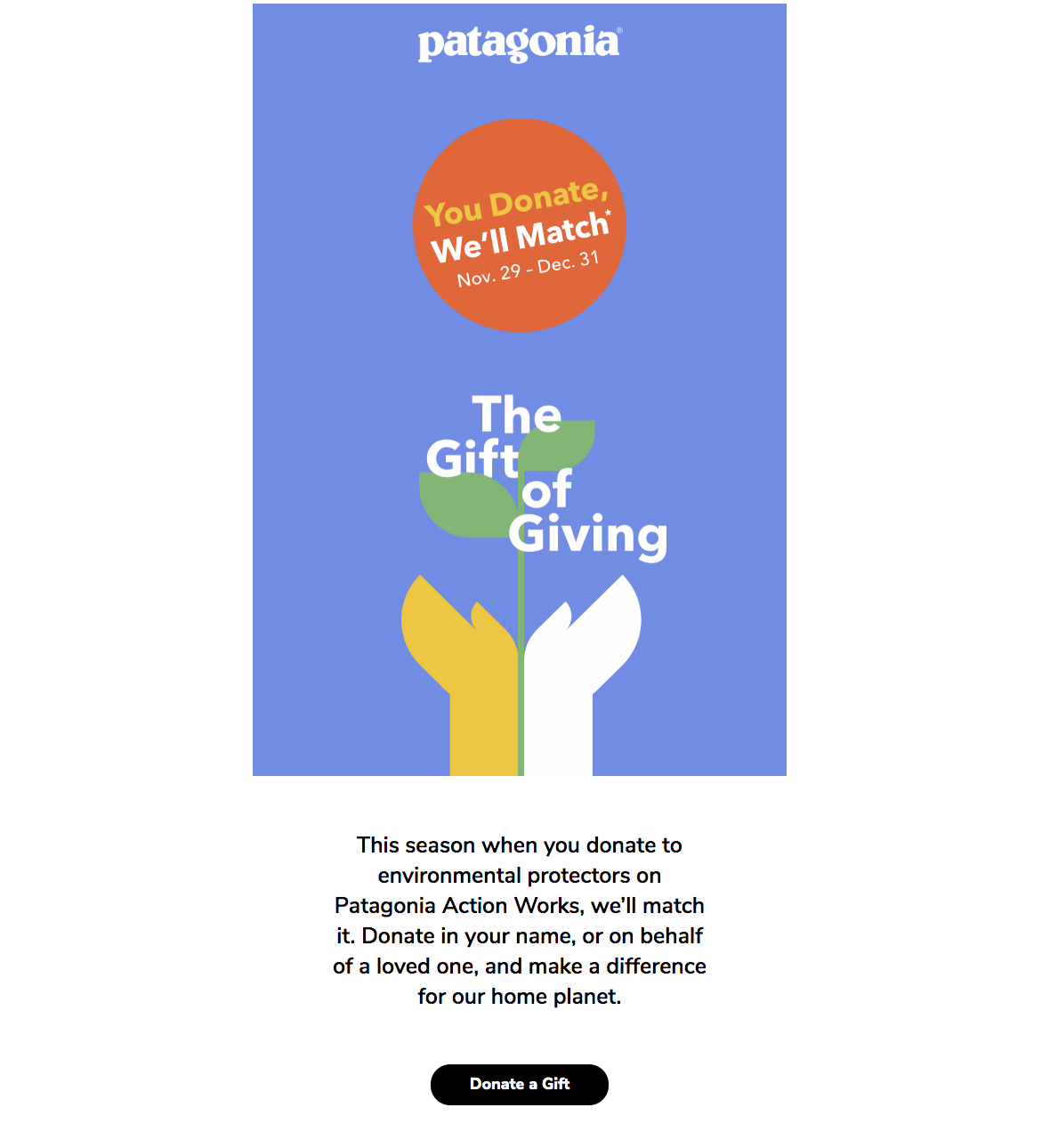
Not interactive
With all the hype about AMP for email or the increase in more complex emails with interactive elements (think simple quizzes, buttons, etc) we had expected to see emails that got us engaging without sending us automatically to a site. That wasn't the case, unfortunately.
If you are curious, this Nest email from last year is a prime example of going the extra mile to build the cart functionality within the email.
Lack of Illustration
One of the biggest trends we have been tracking for more than a year has been the use of custom illustrations in email. That's why it surprised us to not see the trend continue with Black Friday. Sure, we saw some, but those were typically within the brand's design system guidelines - not a unique or commissioned artwork just for the special day.
If you want to keep an eye on illustrations, though, this collection should keep you happy:
Illustrative Illustrations
287 emails. Curated by @TeamRGE
Did we catch all the trends this year? Definitely not, but these are the ones that stood out to us. And by the time Black Friday 2020 rolls around, this will probably all be forgotten anyways and replaced with some trends we are projecting, such as brighter color choices, comic-style layouts, and nostalgic-era themes. We'll just have to wait another year to find out.
